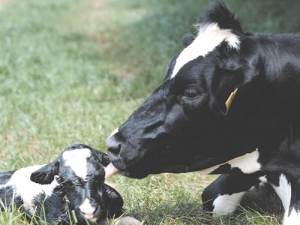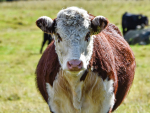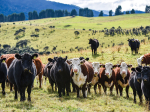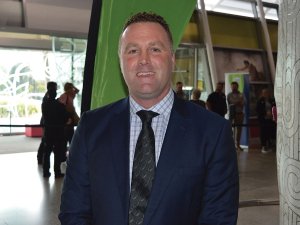Body condition score (BCS) is to be included as a new trait in breeding worth (BW) from February 2016.
DairyNZ says during the national breeding objective review BCS (specifically late lactation BCS) was identified as an important trait to farmers.
Since then NZAEL, a subsidiary of DairyNZ, has estimated the economic value of BCS as $106.60 per BCS and the rate of improvement in BW could be enhanced via the inclusion of BCS.
The economic value of BCS comes from two main components. Firstly, the reduced costs from a cow maintaining or losing less condition, as opposed to a cow that loses lots of condition in spring and then has to replenish that condition in autumn or winter when feed is more expensive. Secondly, the value of a well-conditioned cow milking well into late lactation, rather than drying her off early for poor condition. These result in an economic value of $106.60 per BCS.
The BCS breeding value is calculated using records collected on two-year-old heifers. These records are collected in early lactation, mostly from CRV and LIC progeny test herds. Raw scores are converted into a day 60 lactation equivalent, and then enter the AE model.
As a result of a recent review (see below) a ‘breed neutral’ adjustment will be implemented into the calculation for this breeding value. This adjustment will come into effect in June 2015.
As for the impact on BW, most bulls will have a shift in BW of +/- 10 BW units.


















